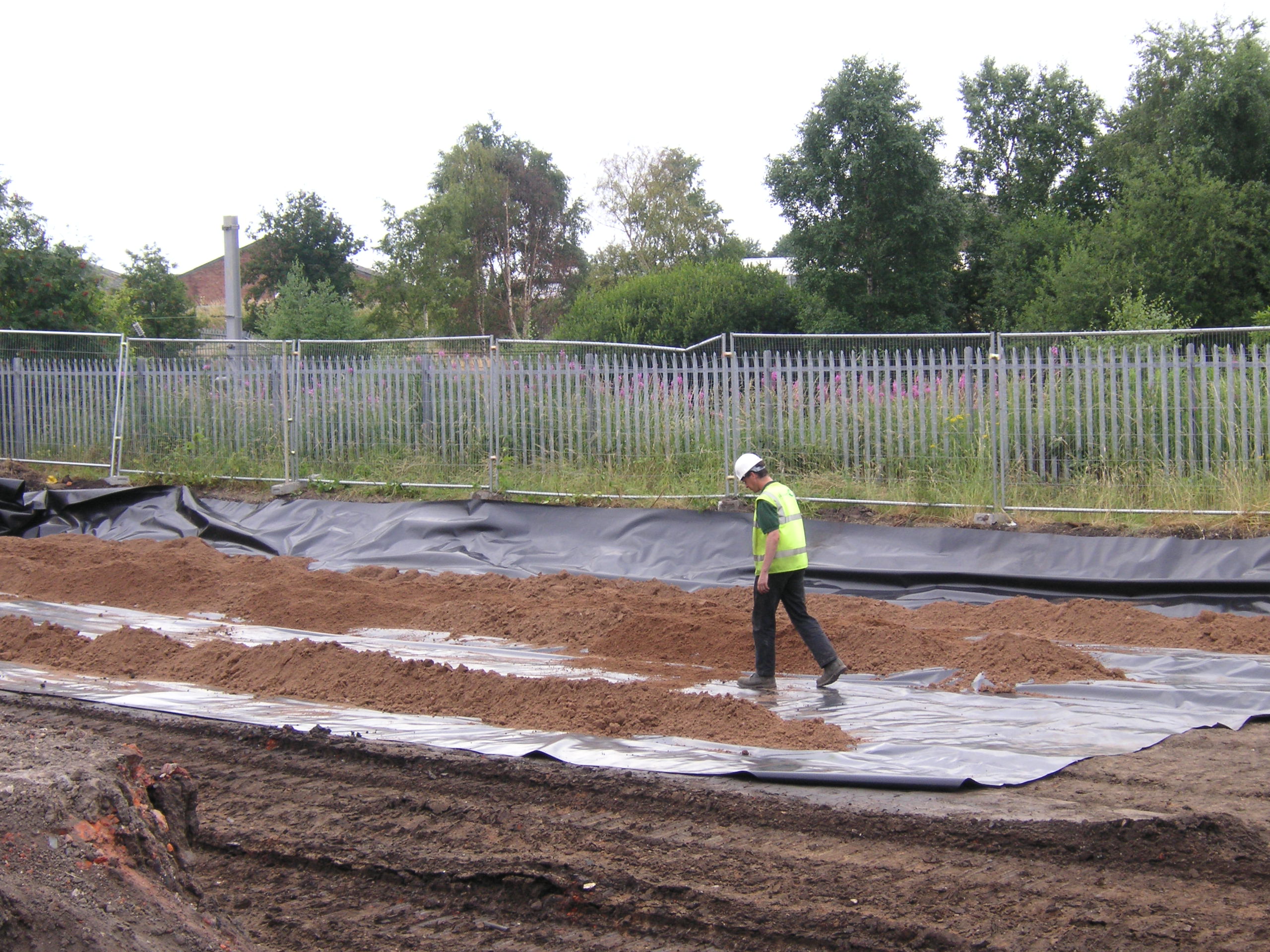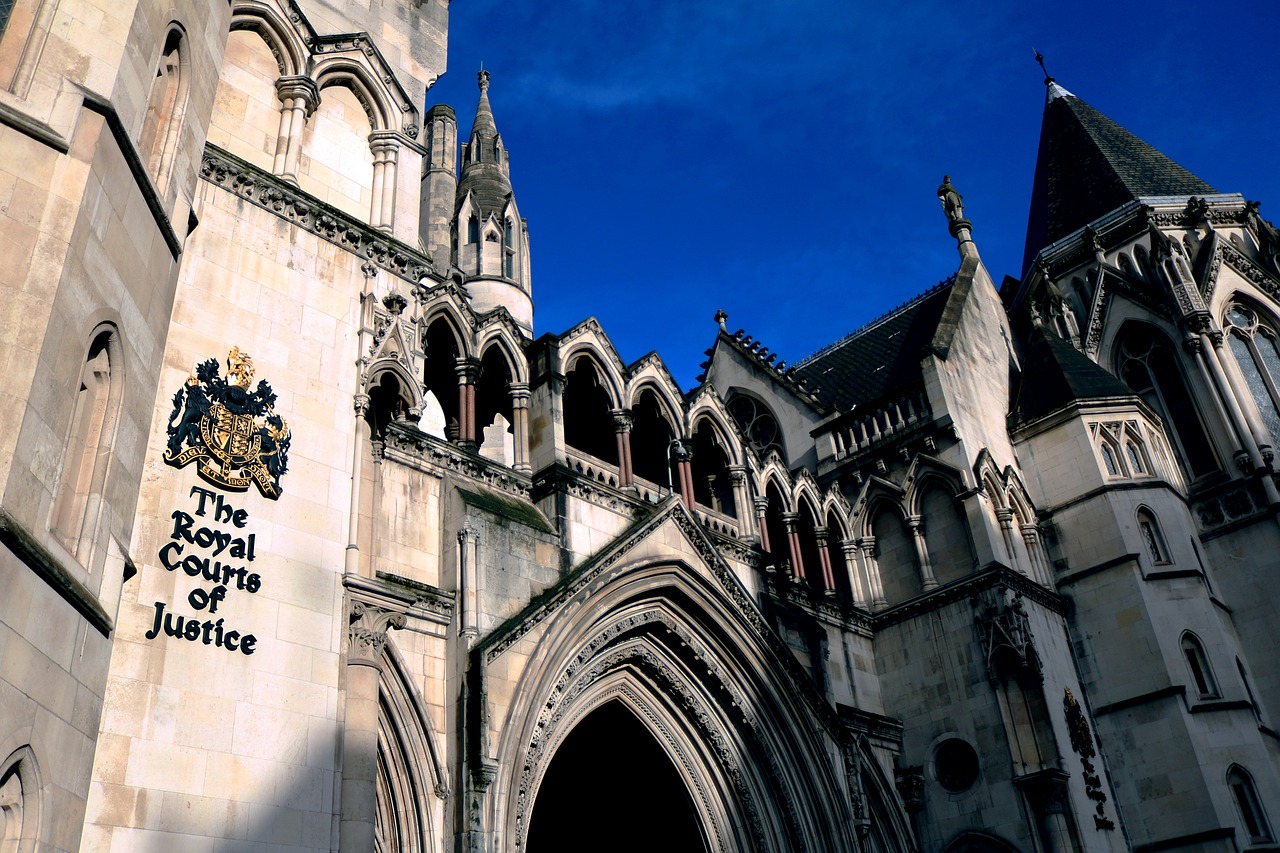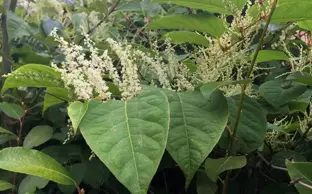Key Insights for Legal Professionals on Japanese knotweed Expert Witnesses & Litigation
12-11-2024
Japanese knotweed and property risk is a relatively new area of litigation. Consequently, few suitably qualified and experienced Japanese knotweed expert witnesses are around to help the courts.
Solid expert evidence is essential on both sides of any claim involving knotweed. If you are not getting solid opinions from an experienced expert who properly understands their role, it could prove disastrous for a claim or defence.
Japanese knotweed has evolved into a significant property dispute issue. No matter what you might think about the actual risk posed by knotweed to built structures and property in general, it is clear from the case law that knotweed remains a real and significant risk that can substantially reduce property value and lead to expensive and stressful litigation.
Japanese knotweed legislation & legal responsibilities
Under the Wildlife and Countryside Act 1981 (as amended), it is a criminal offence to allow knotweed to spread into the wild, and this could mean simply allowing it to escape from your property. There are also powers under antisocial behaviour legislation that can be used to force difficult neighbours into sorting out their knotweed problems.
However, it is the simple fact that knotweed has the potential to cause a financial impact on people who are not at fault that is the cause of most legal action, by way of seeking redress through damage claims.
Overview of UK Japanese knotweed legislation
So, the relevant UK Japanese knotweed legislation and property risk is mainly the issue of tort. As such, most claims are through the civil courts and are thus subject to the requirements of the Civil Procedure Rules.
The impact of Japanese knotweed on property value & development
Whilst knotweed can cause substantial damage to built structures, it is often the case in civil claims that physical damage to property is rare. However, it is the perceived risk of knotweed to property that causes knotweed-affected property to be considered less desirable and hence of lower value. This effect has been shown in case law to be anything from around a 3% to a 20% reduction in property value. This can therefore amount to very large damage claims of tens of thousands of pounds.
How Japanese knotweed affects property transactions & land development
With such sums at risk, knotweed can clearly have a substantial impact on property transactions. Purchasers have different appetites to risk, so while the spectre of knotweed affecting a sale will cause some to pull out of any deal, others will accept the risk, as long as it can be managed by effective treatment.
If land is being sold as part of development plans, the cost of remediating any knotweed will need to be considered early on in the transaction process. Costs for removing the problem as completely as possible will generally be less than the potential impact on land value, and some treatments, if taken early, can be implemented at lower cost – e.g. herbicide solutions are relatively cheap and can be very effective, but they can take a few years to complete.
Japanese knotweed litigation & case law
The evolution of knotweed as a property litigation issue has been driven by the development of case law. Early judgments opened the floodgates for new claims, many of which seemed unscrupulous, and were fielded more for financial gains than for redressing grievances. Thankfully, lawyers, and the courts, have also evolved in their understanding of this relatively new area of litigation, and nowadays it is only solid claims, backed with good expert evidence, that seem to be achieving success for hard-hit claimants.
Key cases & judgements shaping Japanese knotweed legislation
The first case that really established knotweed as a property risk was Williams and Waistell v Network Rail Infrastructure. The fact that the original judgment, which found in favour of the claimants, was unsuccessfully appealed by Network Rail, is what fuelled an avalanche of subsequent claims, many of which were based on flimsy evidence and arguments.
As the knotweed litigation industry has matured (fuelled by ‘no win, no fee’ claims firms), a number of other cases have established important precedents that will shape the legal landscape going forwards. You can read about some of these cases here – Davies & Churchill Japanese Knotweed Legal Cases.
The role of Expert Witnesses in Japanese knotweed cases
The principal role of an expert witness is to assist the court in understanding the issues at hand, so that sound judgements can be made, and effective justice handed down.
The importance and duties of an expert witness in Japanese knotweed litigation
This therefore requires an expert to be reasonable and impartial. An effective expert witness should understand this. It is not enough to simply be an expert on Japanese knotweed, and it is a failure to appreciate the difference between being a professional with interests vested in what a paying client wants, and being an effective expert in court, that has caused some experts to become unstuck during legal proceedings.
What are the professional standards for surveying Japanese knotweed?
For this reason, it is important that people putting themselves forward as knotweed experts are suitably qualified and experienced. Relevant training and experience in the type of work that an instructing solicitor requires of an expert witness should be taken as read. The Property Care Association is a relevant body that provides training and certification for professionals engaged in surveying and treating knotweed. Separate and specific training on giving expert evidence is available from a number of other bodies, such as the Expert Witness Institute.
Criteria & certifications for Japanese knotweed expert witnesses
As a relatively new industry, professionals engaged in surveying and treating Japanese knotweed can come from a variety of ecological and amenity horticulture backgrounds. The most important certifications that an effective knotweed expert should hold should relate to their professional experience in resolving the problems and issued required of them. An academic, or someone from a ‘hands-off’ managerial position in a consultancy, might not provide the up-to-date practical experience that the court needs from an expert witness.
Expert Witness Contributions
Expert witness reports must follow the guidance provided in Part 35 of the Civil Procedure Rules, and in the accompanying Practice Direction. There is further guidance in the Civil Justice Council’s ‘Guidance for the Instruction of Experts in Civil Claims’.
Best Practices for Documentation and Reporting in Japanese Knotweed Cases
In their reports, experts are required to sign a declaration, stating that they understand the requirements these rules and guidance place upon them. In the expert’s instructions from a solicitor, documentation will be provided that sets the context and particulars of the claim in which the expert is required to give their opinions. However, a good expert will typically investigate and rely on further documents and other sources of information and guidance that they know about from being a professional in their particular area of expertise.
A good expert can thus significantly strengthen their evidence and make the court’s job much easier in deciding the truth.
Remediation techniques & management plans for Japanese knotweed
A knotweed expert should be conversant with the various methods and techniques of knotweed remediation. They should also know the requirements from professional guidance on how to produce competent and effective knotweed management plans.
Such knowledge will typically come from significant practical experience in developing and executing effective strategies for controlling and eradicating Japanese knotweed on contaminated sites.
The Impact of Japanese knotweed on Mortgage Lending and Insurance
It was the fact that lenders refused to offer mortgage finance on knotweed affected properties that led to knotweed becoming a significant property risk. The problem then, in the late 2000s, was that there was no established guidance or codes of practice to steer contractors to provide appropriate solutions to knotweed infestations, particularly on residential properties.
As such, lenders were unable to properly assess the risks and the remediation costs. They were therefore unable to quantify the risks and were thus unwilling to offer mortgage finance on knotweed-affected properties.
Challenges faced by clients securing mortgages and insurance due to the presence of Japanese knotweed
The presence of knotweed on a property can still cause problems for those seeking property insurance or finance. However, with appropriate advice from a suitably qualified Japanese knotweed contractor, and the implementation of a knotweed management plan with insurance backed guarantee, most Japanese knotweed mortgage issues can be effectively resolved.
Practical Insights for Legal Professionals
For solicitors looking to appoint a suitable knotweed expert, it is important to make sure that the appointed expert will be up to the task. In addition to their professional qualifications and experience, all expert witnesses should have received appropriate training in giving expert evidence.
They should also be able to demonstrate a track record in providing reports that comply with the requirements of the Civil Procedure Rules and in giving oral evidence at trial. A good expert will be able to provide example copies of redacted reports and references from other lawyers. They will also be a member of a professional expert witness body like the Expert Witness Institute.
How to create a compelling expert witness report
A compelling and effective expert witness report should be easy to read and understand. It should be unbiased and follow a logical structure that clearly answers the questions or issues set in the expert’s instructions. In complying with the Civil Procedure Rules, the expert’s report must also include a signed statement of truth.
What makes an effective report & what information should it contain?
A good expert will present relevant information and their opinions in a way that recognises the non-technical audience that needs to understand them. In the expert’s report, technical language should be explained simply, and there will likely be a glossary. Opinions should be stated unambiguously, to avoid any confusion that might frustrate the lawyers or the court.
Preparing for court: what to expect at Japanese knotweed trials?
Most knotweed litigation won’t get to trial, because experts’ written evidence is usually sufficient for the parties to realise that settlement before trial is a safer outcome than risking the vagaries often associated with court judgements. This means that most knotweed experts either haven’t given oral evidence before, or are rarely required to do so.
Either way, if they are ill-prepared, experts inexperienced in robust cross examination from a sharp barrister can weaken their side’s position at the final hurdle.
The court’s process for Japanese knotweed disputes
It is therefore advisable that experts instructed in knotweed cases are experienced and competent in the full range of skills required in presenting expert evidence. In addition to knowing their subject, they should be excellent communicators, and not be stifled by the pressures associated with appearance in court.
The role of surveyors & experts in court
An expert’s principal role is to assist the court, and this might not be fully tested until the expert takes the stand. Counsel for the opposing side will typically try to undermine an expert’s impartiality, and, for the uninitiated, the adversarial setting of the courtroom can make this very uncomfortable.
The Japanese Knotweed expert witness checklist for legal professionals
When looking for and instructing a Japanese knotweed expert, legal professionals should bear in mind the following:
- Ensure the expert has relevant, practical and professional experience – this will typically mean direct experience in surveying knotweed, writing knotweed management plans, and undertaking the full range of knotweed treatment methods.
- Ensure the expert is conversant with the requirements of the Civil Procedure Rules, the associated Practice Direction and the Civil Justice Council guidance.
- Ensure the expert has relevant qualifications for giving expert evidence on Japanese knotweed – appropriate membership of the Property Care Association should be a minimum.
- Ideally, the expert should have received appropriate training in giving expert evidence, and be a member of an appropriate professional body – e.g. the Expert Witness Institute.
- Check that the expert has a track record in giving expert evidence – ask for copies of redacted reports and ask for references from other legal professionals they’ve worked for.
A good expert witness is essential in Japanese knotweed claims. Litigation in this area has developed since the first case law examples, which means that less robust claims are now much less likely to succeed. With this in mind, legal professionals should properly assess the competence of knotweed experts, well before they issue any instructions.
As well as being an expert in the practical issues that require addressing in expert evidence, an effective expert witness needs to understand, and be experienced in, their role, which is to assist the court by providing impartial expert opinions.



